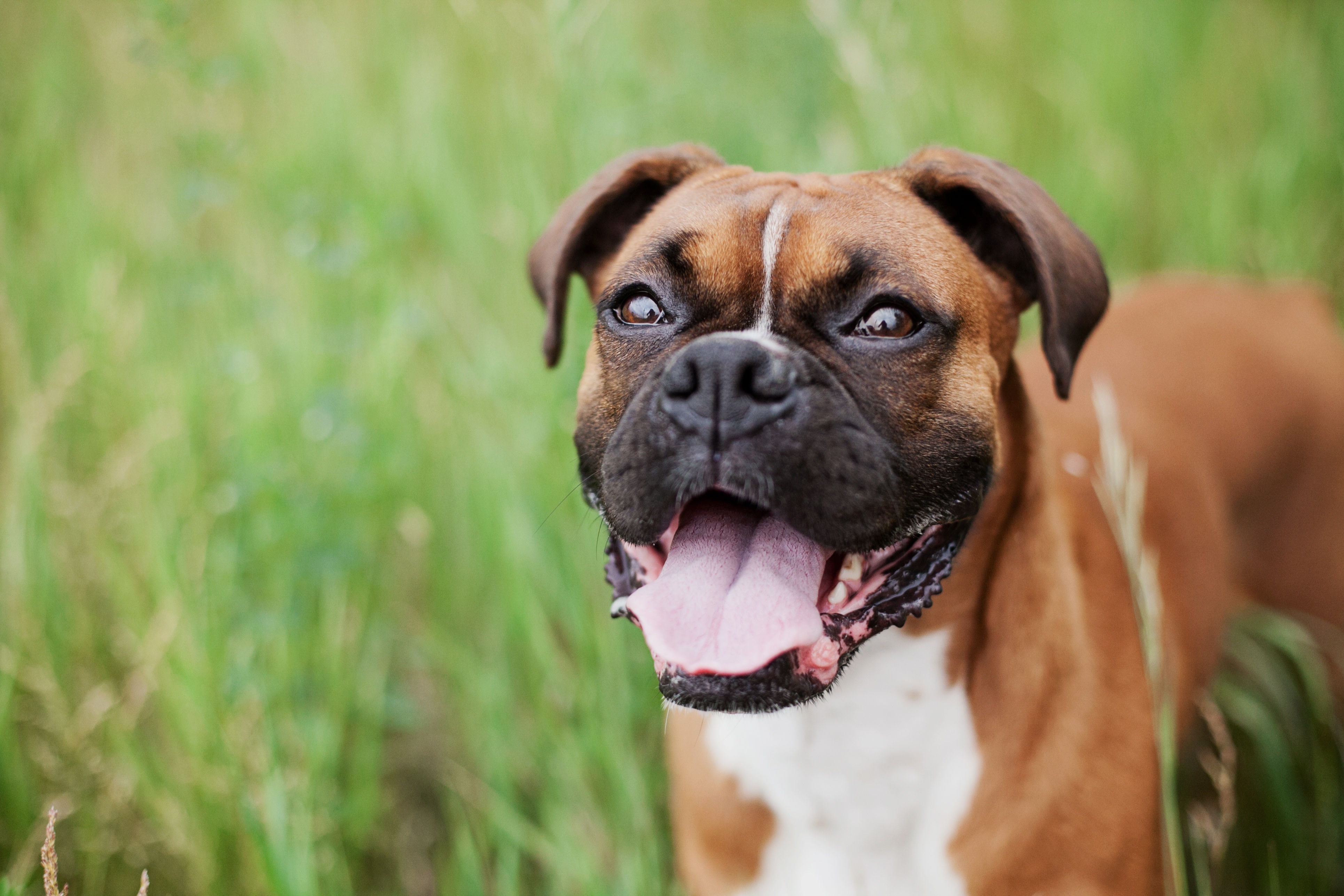Welcome to Karingal Vet’s blog! Every fortnight we will be publishing news about the hospital and our events, pet care and training tips, and news relating to your animals’ health. We hope you’re as excited as we, and this little fella, are!

In animal-related news, we have come across a few cases lately of parvovirus. Parvovirus is a serious virus that affects dogs. In over half of untreated cases, it is fatal. Parvovirus attacks the gastro-intestinal tract and the cardio-vascular system, basically your furry friend’s lower intestine and bloodstream.
Unvaccinated puppies between eight- and sixteen-weeks old are the most at risk but dogs of all ages are susceptible to this virus. Symptoms may include:
Parvovirus is highly contagious and very serious. Over the last twelve months, diseasewatchdog, a free-to-access organisation that tracks pet-related diseases in Australia, has reported 78 cases in Victoria alone. Parvovirus can survive heat and detergent and can last up to a year in infected environments, including contaminated soil. The disease can spread on other dogs’ hair and skin, as well as humans, our shoes and our clothes. Flying insects such as flies can also carry the virus and spread it around the neighbourhood. It is most concentrated in the faeces of dogs infected with the virus. If you think your dog has been exposed to parvovirus, call us immediately.
Vaccination is the best way to prevent your four-legged bestie from contracting parvovirus. The parvovirus vaccine is a core vaccine, one of the ones your puppy should start getting at 6 weeks old. At this age, your puppy should be vaccinated every four weeks, for 3 times in total. These vaccinations are against viruses such as parvovirus, distemper, hepatitis and canine cough. Following these, we recommend one immunity booster annually.
During times of outbreak, adult dogs or dogs who have not been vaccinated in the last twelve months can be revaccinated against parvovirus. Although a vaccination is the best shot against the virus, it is not a 100% guarantee against infection but it is best to make sure they are up to date to give your pet their greatest chance against this painful but preventable virus.
If your dog has contracted parvovirus, they can be treated. Although there is no drug that can kill the virus, a 5-7 day hospital treatment may still be able to save their life. The treatment can involve a course of antibiotics, drugs to control your pet’s vomiting, pain relief medications, intravenous fluids and in some cases plasma transfusions.
For areas and materials that have been exposed to parvovirus, we recommend cleaning with a bleach solution of one part bleach to about twenty-four to thirty parts water. Make sure to get rid of any infected faeces from the yard. Be sure to wash any bedding or furniture your pet has used and their food bowls, and be thorough! Parvo can survive for a long time outside of your pet, on clothes and on shoes so make sure you bleach these too. And remember: after your dog has been treated, they may still be contagious for a few weeks, so stay vigilant when they return home from hospital.
Prevention is the best cure, so make sure you keep your canine chum up to date with their vaccinations!
Come back next fortnight when we will be sharing tips on easing pets’ arthritis!